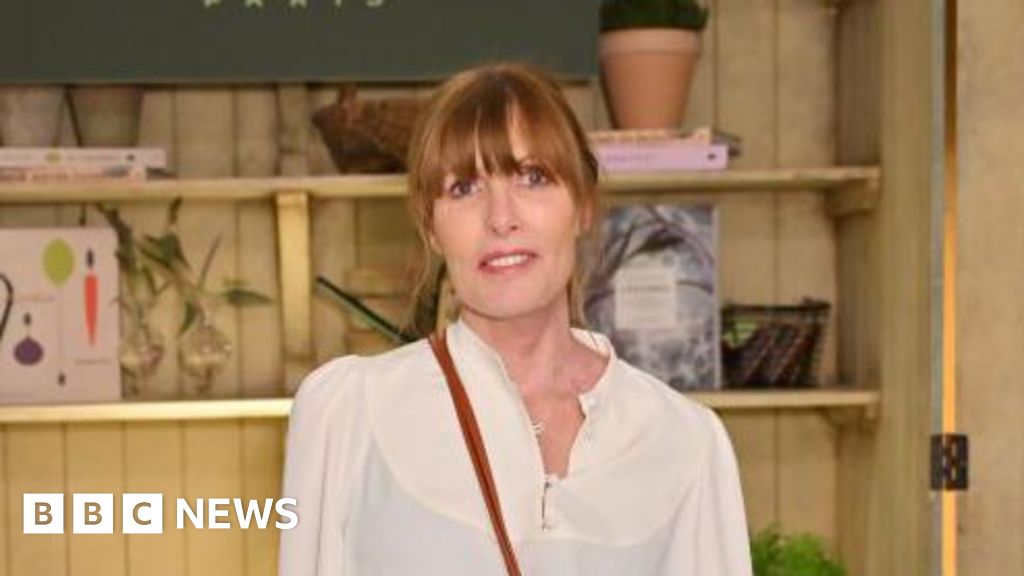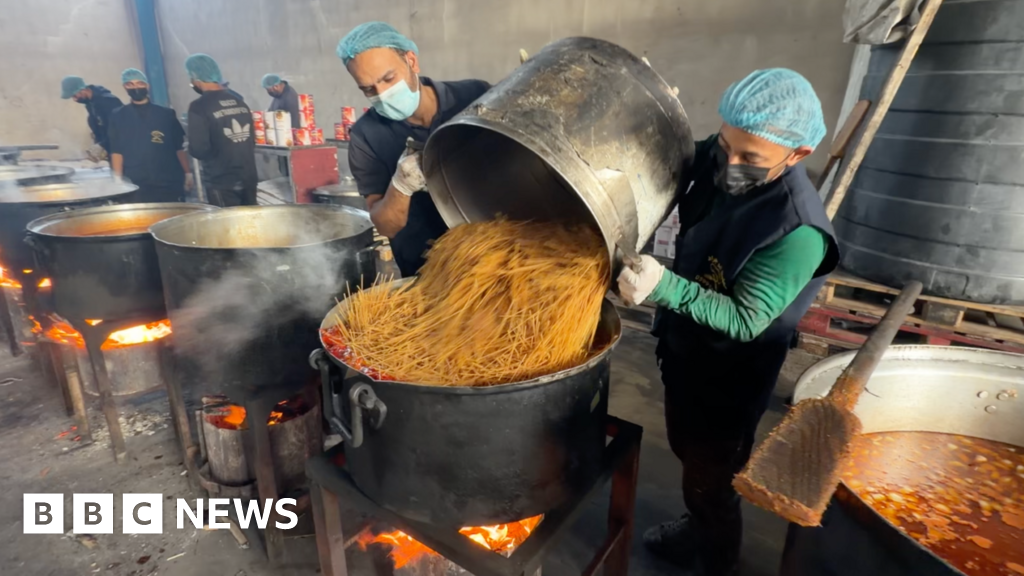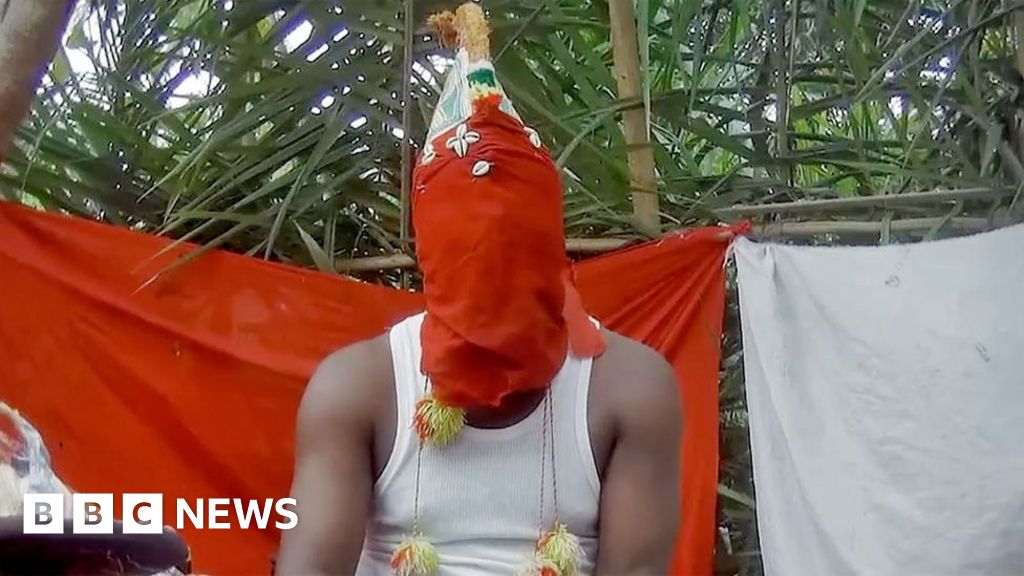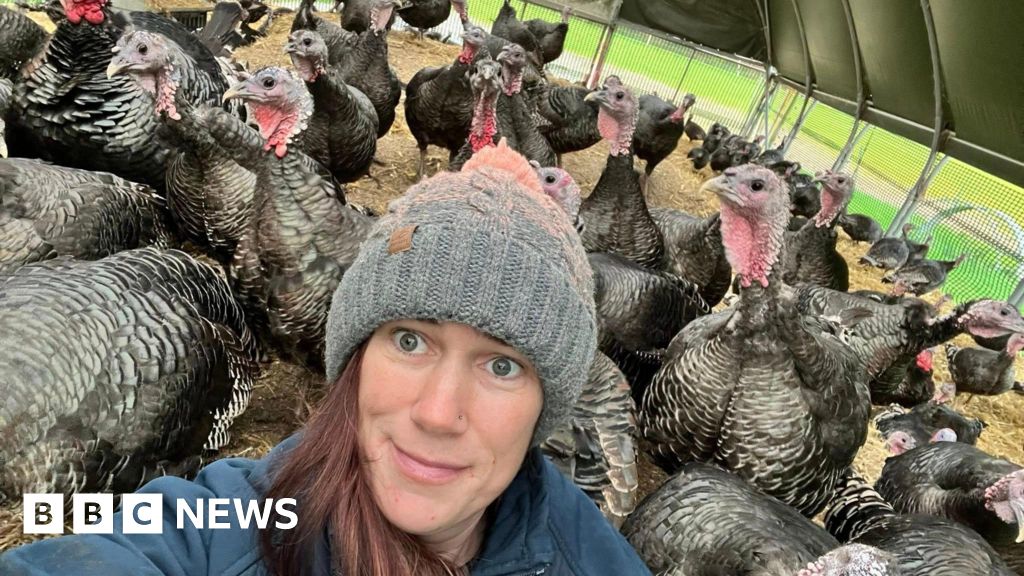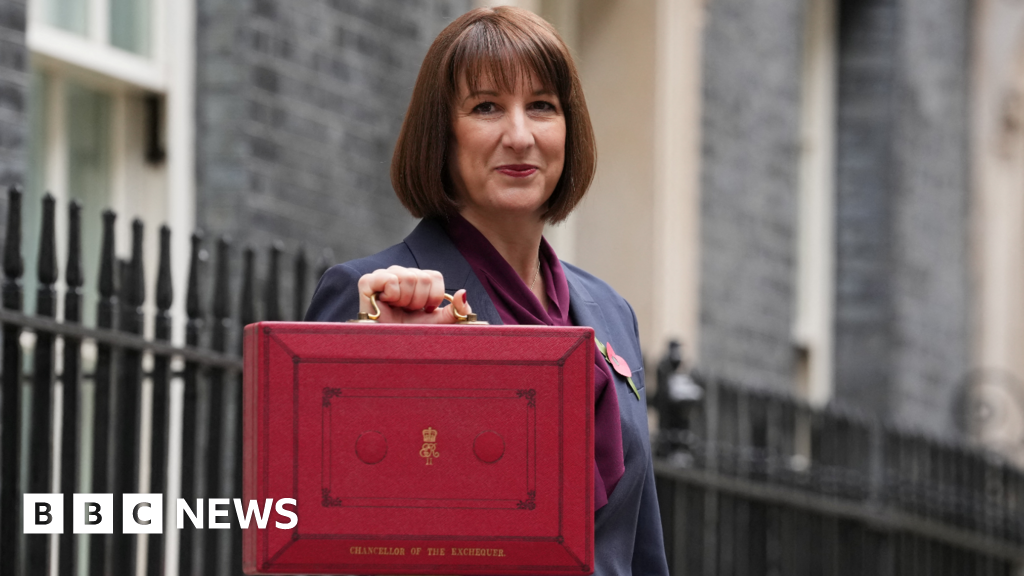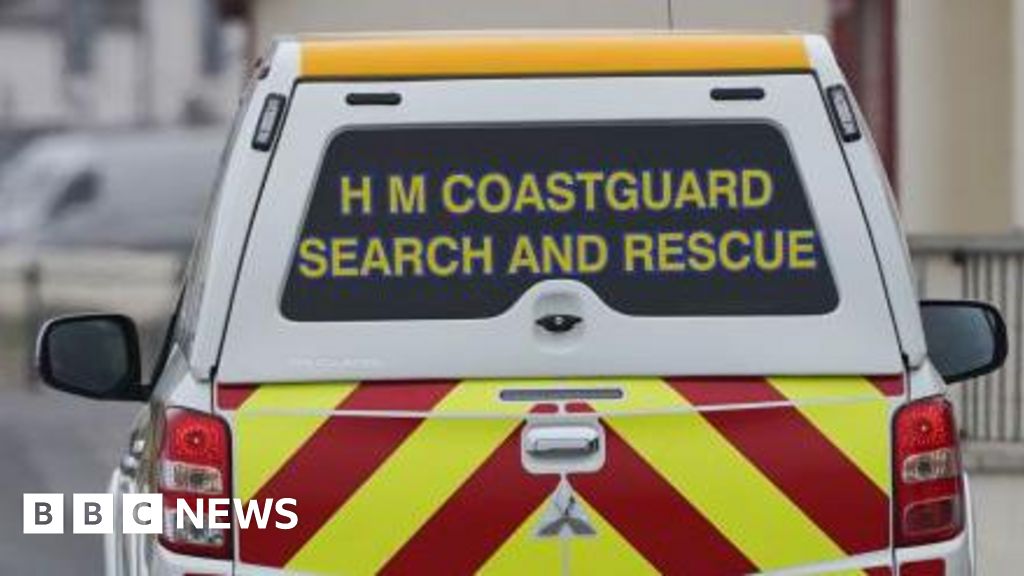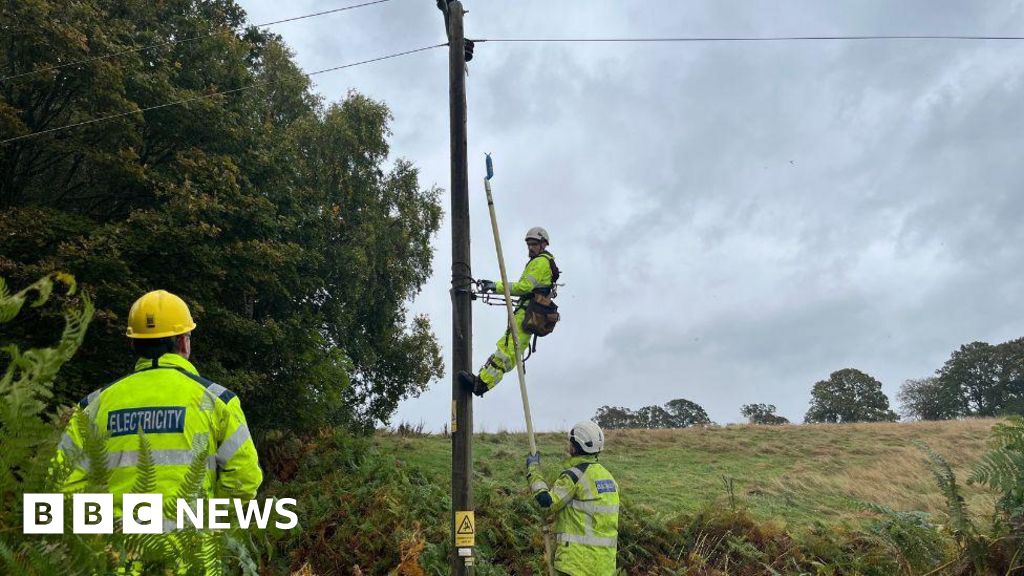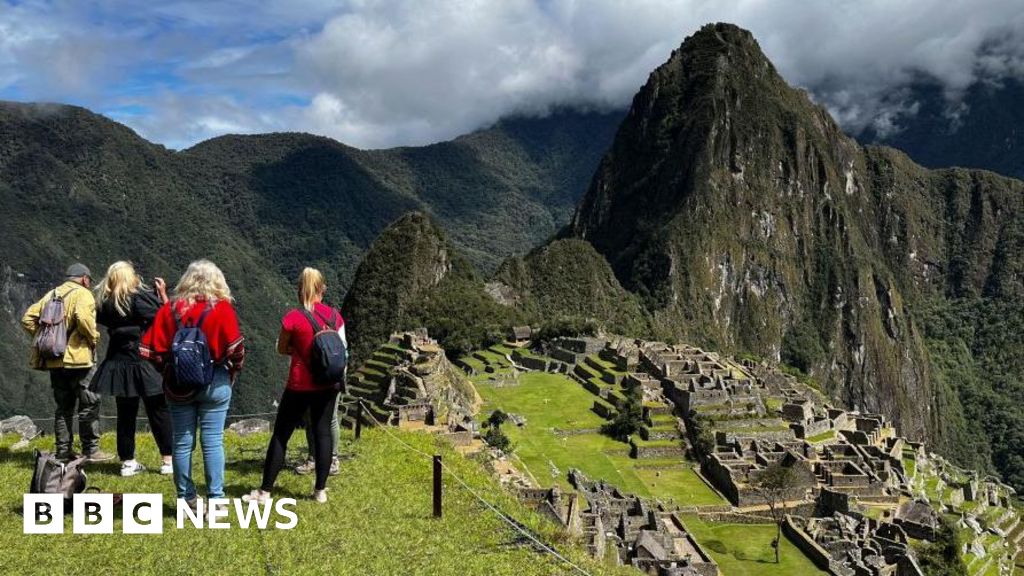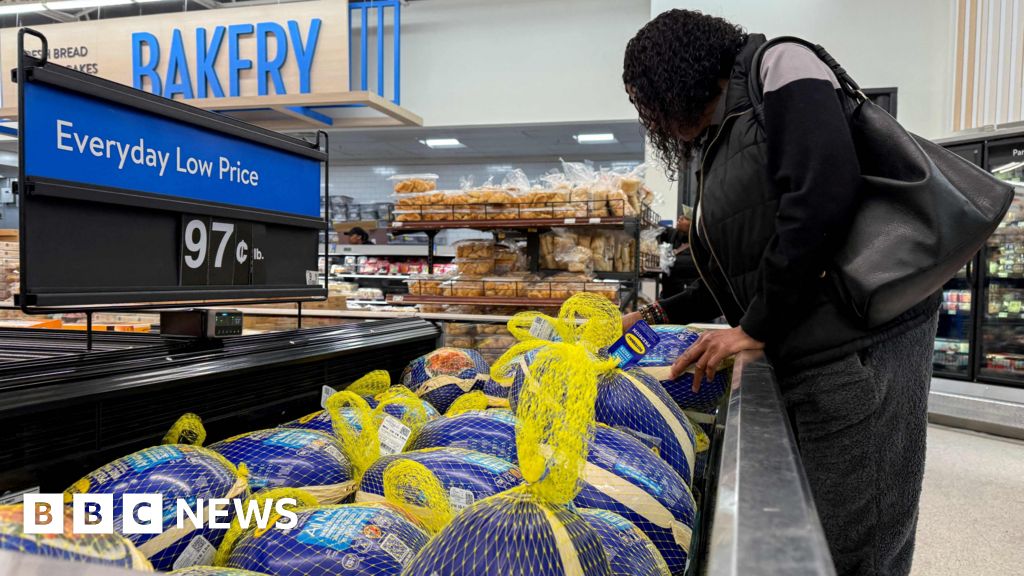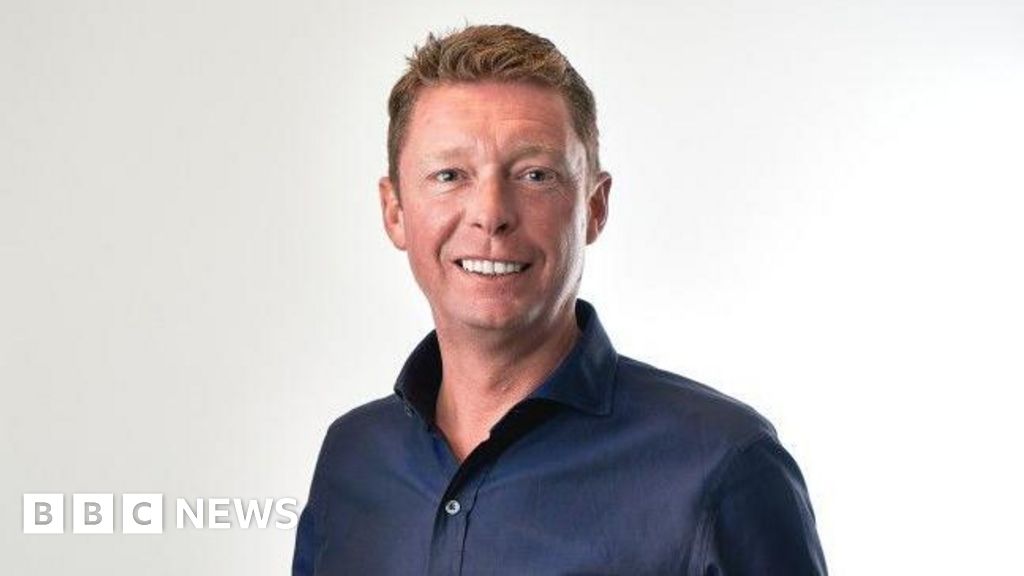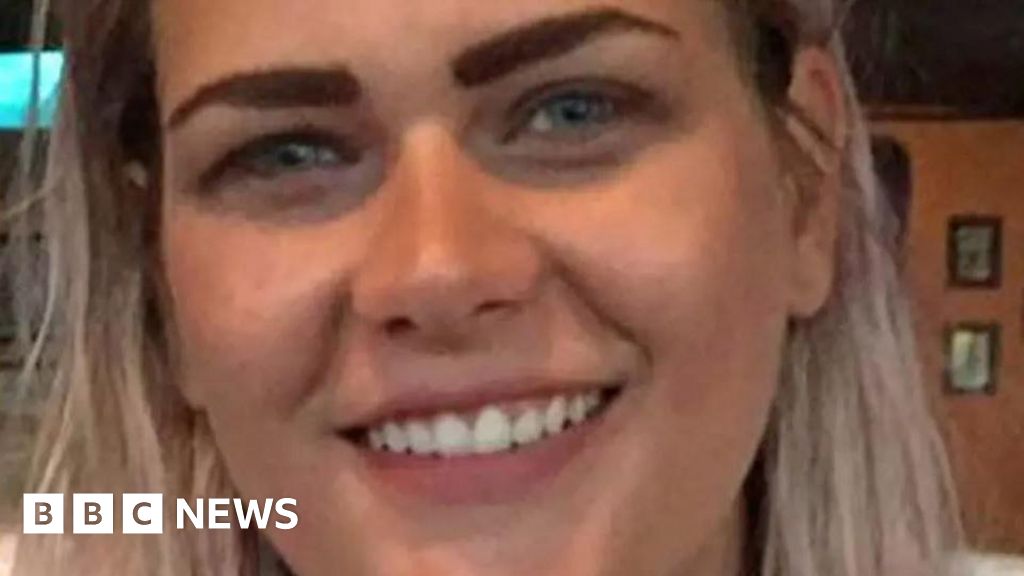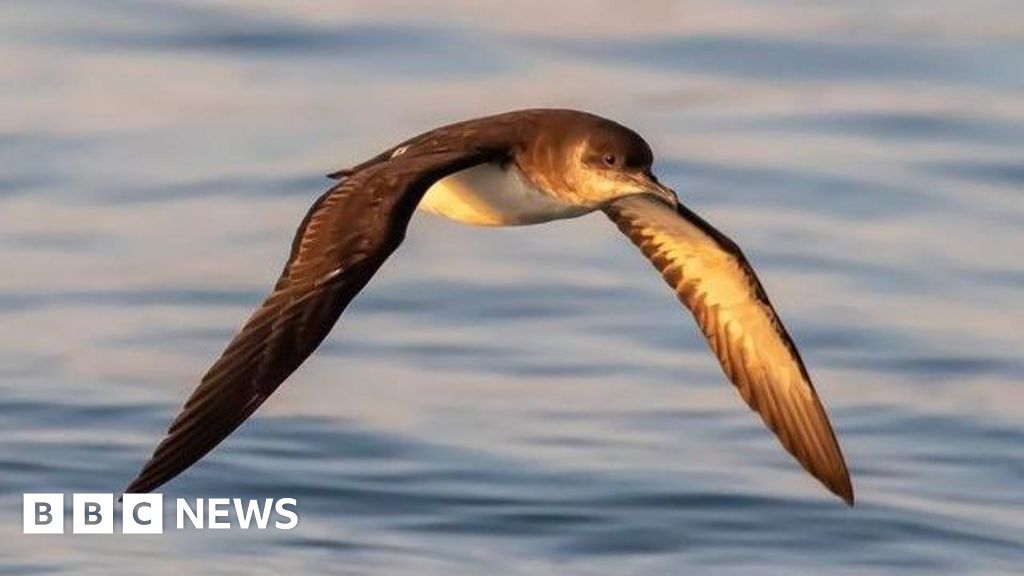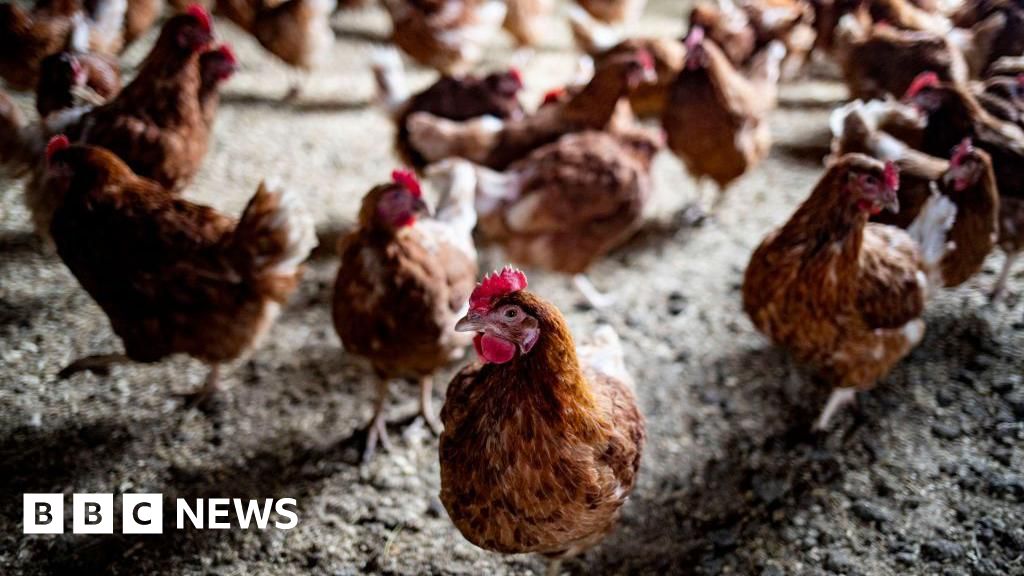Louise CullenAgriculture and environment correspondent, BBC News NI
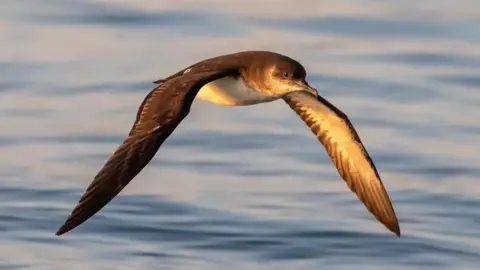 Greg Morgan/RSPB
Greg Morgan/RSPBThe amber-listed Manx Shearwater has bred on Rathlin Island for the first time in decades.
And hopes are now high that their population will grow again.
The bird was once present on the island in “considerable” numbers but is now considered at risk of decline.
Monitoring by members of the LIFE Raft conservation project over the past three years has detected several pairs nesting in inaccessible parts of the island.
Long nights listening
Last month, using night-vision technology, the group saw a number of chicks ready to fledge from their underground burrows.
LIFE Raft is a world-first island project to eradicate the non-native ferret to help protect the internationally significant breeding seabird colony on Rathlin.
It is also eradicating rats which are not native to the island, with ongoing monitoring to prevent their return by boat.
Ric Else, the project’s senior research assistant, has been hoping for evidence of successful breeding of Manx Shearwaters on Rathlin “for years” and spent “long nights” listening for them.
“With a small breeding population already present, the prospects are excellent for this species to increase again on Rathlin once the project has finished,” he said.
“It will be really exciting to monitor how the shearwaters fare in the coming years.”
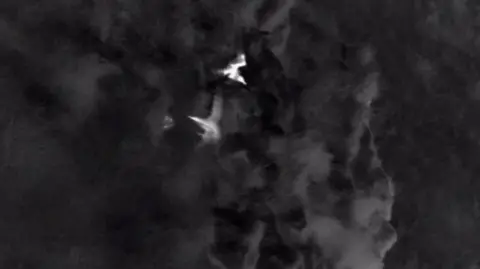 Ric Else/LIFE Raft
Ric Else/LIFE RaftFor RSPB NI warden Liam McFaul, it is an “incredibly exciting” step forward for seabirds on Rathlin.
“Seeing the footage of the Manx Shearwater going into the burrows again on Rathlin is incredible,” he added.
“With our ongoing work and that from the LIFE Raft project, we hope the island will continue to be a seabird stronghold for future generations.”
Many of the seabirds that come to the island are suffering declines.
Ground-nesters like puffins and black guillemots have proved easy prey for the ferrets and rats that had spread across Rathlin.
Their numbers on the island have noticeably declined.
It is hoped the LIFE Raft project will support their return and that of other species.

